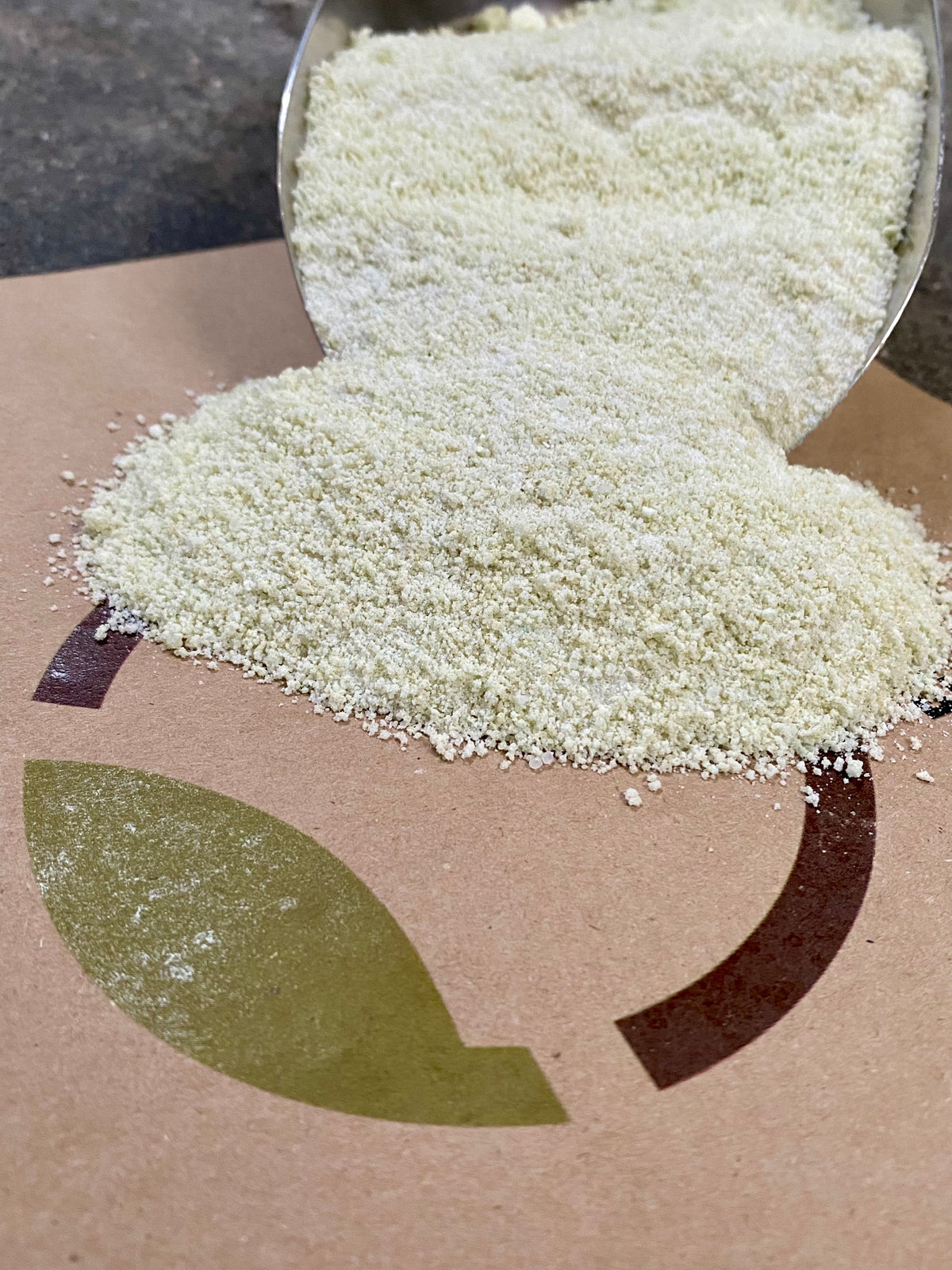Organic Vs. Synthetic Fertilizers: Which Is Best for Nurturing Healthy Pepper Plants?
In the world of supporting healthy and balanced pepper plants, the option between artificial and natural fertilizers stands as an essential decision with far-reaching effects. While both alternatives goal to supply necessary nutrients to sustain plant growth, the nuances of their influence on the soil, plant wellness, and the environment trigger a discussion that mirrors throughout the horticulture community. Recognizing the distinctive benefits and potential pitfalls of each fertilizer kind is critical for pepper cultivators seeking to maximize their yields while keeping an eco-conscious and lasting method.
Benefits of Organic Plant Foods
Organic fertilizers supply a lasting and environmentally-friendly strategy to beneficial pepper plants, offering important nutrients without using artificial chemicals. These natural plant foods are originated from natural sources such as garden compost, manure, bone dish, and seaweed, promoting dirt health and biodiversity. Unlike synthetic plant foods, organic alternatives launch nutrients slowly, making sure a balanced and stable supply for pepper plants to grow.
One considerable advantage of natural plant foods is their capability to boost soil framework and water retention. By enhancing dirt health, organic plant foods promote advantageous microbial task, which assists in nutrient uptake by pepper plants. Additionally, natural fertilizers minimize the danger of chemical run-off, safeguarding water resources from pollution and guarding the environment.
Moreover, natural fertilizers add to lasting soil fertility by promoting the development of advantageous dirt organisms. These organisms assist damage down raw material, launching nutrients in a form that is easily obtainable to pepper plants. best fertilizers for peppers. By promoting a healthy and balanced soil ecological community, organic fertilizers support lasting pepper cultivation methods that profit both plants and the setting
Drawbacks of Synthetic Fertilizers
Synthetic fertilizers, in contrast to their organic counterparts, pose various drawbacks when used to nurture pepper plants, affecting both plant health and wellness and environmental sustainability. One major downside of artificial plant foods is their propensity to leach nutrients from the dirt promptly.
In addition, the overuse of synthetic plant foods can add to water contamination. Excess plant foods not soaked up by plants can wash away into water bodies, causing eutrophication, where algae flowers diminish oxygen levels in the water, harming marine life. Moreover, synthetic fertilizers are usually originated from non-renewable resources, such as nonrenewable fuel sources, adding to carbon emissions and ecological degradation throughout their production.
Nutrient Absorption Contrast
When comparing natural and artificial fertilizers in terms of nutrient absorption, organic fertilizers have the benefit of giving an extra well balanced and slow-release resource of nutrients. Organic plant foods contain a variety of macro and micronutrients that are not only helpful for the plants yet additionally advertise healthy and balanced soil microbial activity, which aids in nutrient uptake.
In addition, natural fertilizers boost soil structure and water retention capacity, permitting pepper plants to accessibility nutrients more successfully. This better dirt quality promotes root development, allowing better nutrient absorption. Synthetic fertilizers, although at first boosting plant growth as a result of their high nutrient focus, might impede long-term nutrient absorption by degrading dirt health in time.
Environmental Influence Considerations

On the other hand, artificial fertilizers, although typically more focused and right away available to plants, can have detrimental results on the environment otherwise applied effectively (best fertilizers for peppers). Their production calls for high energy inputs, leading to greenhouse gas discharges and adding to climate adjustment. In addition, the overflow of excess synthetic fertilizers can infect water sources, bring about eutrophication and harming water communities.
Ideal Fertilizer Practices for Peppers
To accomplish this, it is vital to comply with finest fertilizer methods tailored to the particular needs of pepper plants. One essential practice is to perform a dirt examination prior to using any type of fertilizers.
An additional important technique is to feed pepper plants at the correct time. Commonly, peppers take advantage of obtaining plant food at planting and then again when they begin to blossom. Over-fertilizing can result in nutrient discrepancies and hurt the plants, so it is important to follow recommended application prices.
Furthermore, selecting a balanced plant food with an NPK proportion that fits pepper plants' requirements is fundamental. Organic plant foods, such as garden compost or manure, can be outstanding selections as they Going Here launch nutrients slowly and improve dirt framework in time. Nonetheless, synthetic plant foods can offer a fast nutrient boost when required. Eventually, combining natural and artificial fertilizers sensibly can help nurture healthy and balanced pepper plants while lessening ecological effect.
Conclusion

Organic fertilizers offer a lasting and environmentally-friendly method to beneficial pepper plants, providing crucial nutrients without the use of artificial chemicals. Unlike synthetic plant foods, natural alternatives release nutrients gradually, ensuring a well balanced and stable supply for pepper plants to thrive.
Synthetic plant foods, in contrast to their organic equivalents, pose different downsides when made use of to nurture pepper plants, impacting both plant health and wellness and ecological sustainability. When contrasting natural and synthetic plant foods in terms of nutrient absorption, organic fertilizers have the advantage of supplying a more balanced and slow-release source of nutrients.In addition, natural plant foods boost dirt framework and water retention ability, allowing their website pepper plants to access nutrients more efficiently.